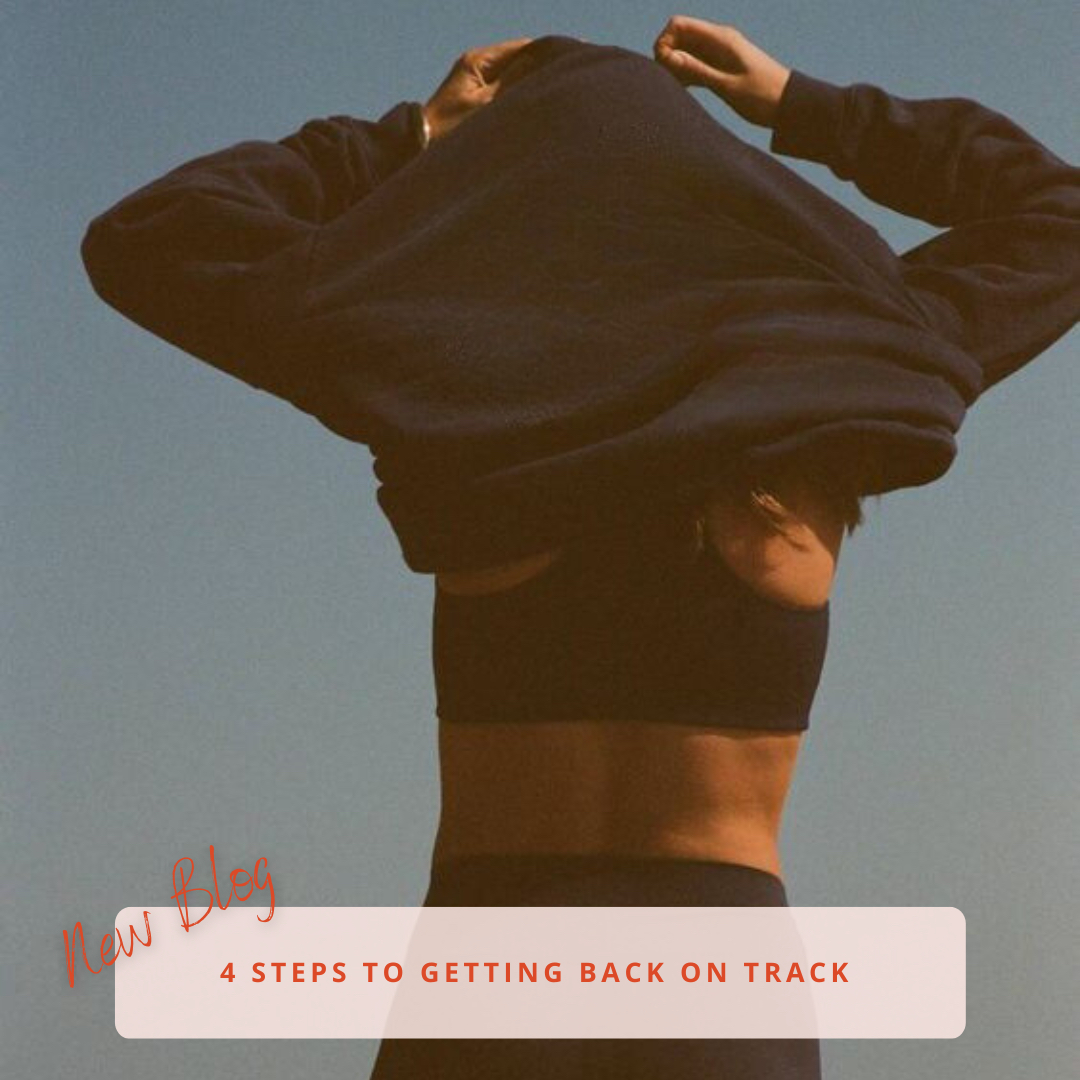
How Not to Burn Out Between Challenges
How not to burn out when going from one of our challenges to another…
The best way to avoid burning out is to take a break. This does not mean stop all together. Rather, turn down the volume, dial back the intensity, decrease the amount of weekly workout sessions.Which will ultimately reduce the overall stress on the body.
On the days that you feel you need a rest but don’t want to sit still…
Focus on active recovery. These are low-intensity movements that encourage light muscle stimulation and allow greater blood flow to affected areas.
Walk more. Pretty self-explanatory.
Use a foam roller. These are amazing devices that prepare the body for an upcoming workout, soothe sore muscles, break up scar tissue and promote proper blood flow. If you haven’t got one, then Amazon is your friend on this one.
Reduce your focus on numbers and metrics
Place more emphasis on the quality of your workouts rather than the quantity. Obsessing over the number of reps you did or how heavy you lifted is not important.
Take longer rests in between sets, reduce weight of anywhere up to 50%, or reduce the volume ie rather than completing three sets, opt for two. This is a great time to really get used to perfecting your form and ensuring your completing the movements correctly!
Make sure your nutrition is on point, that’ll speed up recovery!
When you’re working out, your muscles use up their glycogen — the body’s preferred fuel source especially during high- intensity workouts. This results in your muscles being partially depleted of glycogen. Some of the proteins in your muscles can also be broken down and damaged
After your workout, your body tries to rebuild its glycogen stores as well as repair and regrow those muscle proteins. Eating the right nutrients soon after you exercise can help your body get this done faster. It’s especially important to eat carbs and protein after your workout.
Protein helps repair and build muscle
Exercise triggers the breakdown of muscle protein. The rate at which this happens depends on the exercise and your level of training, but even well-trained athletes experience muscle-protein breakdown
Consuming an adequate amount of protein after a workout gives your body the amino acids it needs to repair and rebuild these proteins. It also gives you the building blocks required to build new muscle tissue
It’s recommended that you consume 0.8–1.2 grams of protein per pound of body weight.
Carbs help with recovery
Your body’s glycogen stores are used as fuel during exercise, and consuming carbs after your workout helps replenish them.
The rate at which your glycogen stores are used depends on the activity. For example, endurance sports cause your body to use more glycogen than resistance training. For this reason, if you participate in endurance sports (running, swimming, etc.), you might need to consume more carbs than someone engaging in weightlifting.
Make sure you drink enough water
It’s so important to drink plenty of water before and after your workout. When you are properly hydrated, this ensures the optimal internal environment for your body to maximize results.
During exercise, you lose water and electrolytes through sweat. Replenishing these after a workout can help with recovery and performance
Additionally, recovery is not just about what you consume directly after working out. When you exercise consistently, the process is ongoing, so don’t keep switching this up!






